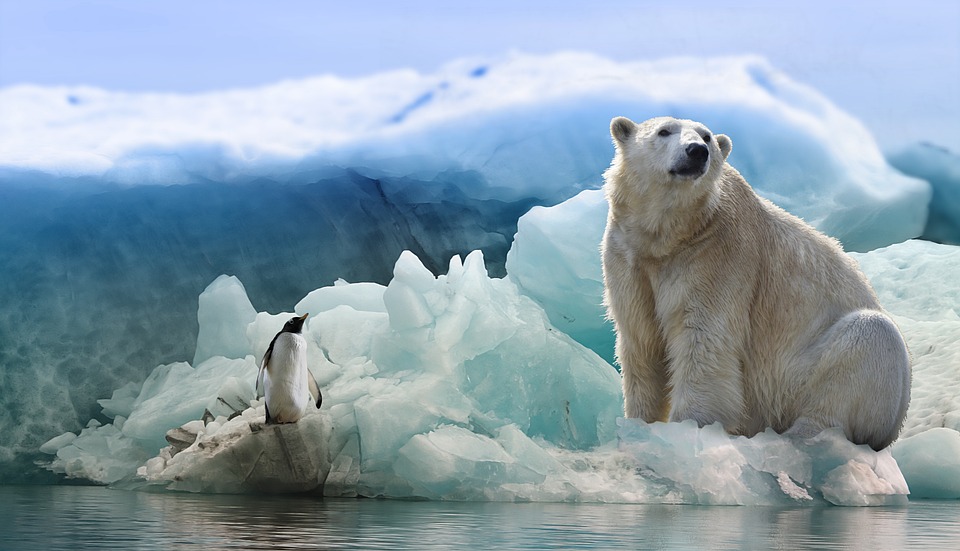Journeying to the Ends of the Earth: The Allure of Polar Expeditions
For centuries, humans have been drawn to the polar regions of our planet – the Arctic and Antarctica. These remote and unforgiving landscapes, covered in ice and snow, have captured the imaginations of explorers, scientists, and adventure-seekers alike. From the first attempts to reach the North and South Poles to modern-day expeditions, the allure of polar exploration has only grown stronger over time.
The Pioneers of Polar Exploration
The history of polar exploration is filled with stories of bravery, determination, and sacrifice. In the 19th century, explorers like Sir John Franklin and Roald Amundsen set out to discover the elusive Northwest Passage and reach the North Pole. Their expeditions faced harsh conditions, extreme cold, and limited resources, but they persevered in the name of discovery.
Amundsen famously became the first person to reach the South Pole in 1911, beating out his rival Robert Falcon Scott. Scott’s tragic expedition ended in disaster, with all five members of his team perishing on the return journey. Despite the risks and challenges, these early explorers paved the way for future generations to continue pushing the boundaries of what was possible in the polar regions.
The Appeal of Polar Expeditions
What is it about the polar regions that continues to draw people in? For some, it is the sense of adventure and challenge that comes with exploring these remote and inhospitable landscapes. The harsh conditions, unpredictable weather, and isolation of the polar regions present a unique set of challenges that test both physical and mental endurance.
For others, the allure of polar expeditions lies in the opportunity to witness some of the most spectacular natural wonders on Earth. From towering glaciers and icebergs to vast expanses of sea ice and snow-covered mountains, the polar regions are home to some of the planet’s most breathtaking scenery. The chance to see polar bears, penguins, seals, and other iconic wildlife up close is also a major draw for many travelers.
Additionally, polar expeditions offer a rare opportunity to disconnect from the hustle and bustle of daily life and immerse oneself in the beauty and tranquility of the natural world. The stillness and solitude of the polar regions can be a welcome respite from the noise and distractions of modern society, allowing travelers to truly appreciate the raw and untouched beauty of these remote landscapes.
Exploring the Polar Regions Today
Today, polar expeditions are more accessible than ever before, thanks to advances in technology, transportation, and safety. From luxury cruises to small-group tours, there are a variety of options available for travelers looking to explore the Arctic and Antarctica. Whether you choose to sail through the icy waters of the Northwest Passage, stand at the edge of a massive glacier in Greenland, or kayak among icebergs in Antarctica, there are endless opportunities for adventure and discovery in the polar regions.
While the allure of polar expeditions remains strong, it is important to remember the fragility of these ecosystems and the need to protect them for future generations. Climate change is already having a profound impact on the polar regions, with rising temperatures leading to melting ice caps, shrinking sea ice, and disrupted wildlife habitats. By supporting sustainable tourism practices and advocating for conservation efforts, travelers can help ensure that the polar regions remain a pristine and unspoiled wilderness for years to come.
In conclusion, the allure of polar expeditions lies in the sense of adventure, challenge, and natural beauty that these remote landscapes offer. From the pioneers of polar exploration to the modern-day adventurers seeking to push the boundaries of what is possible, the polar regions continue to captivate and inspire those who are drawn to their icy shores. As long as there are brave souls willing to journey to the ends of the earth, the spirit of exploration will continue to thrive in the frozen wilderness of the Arctic and Antarctica.
